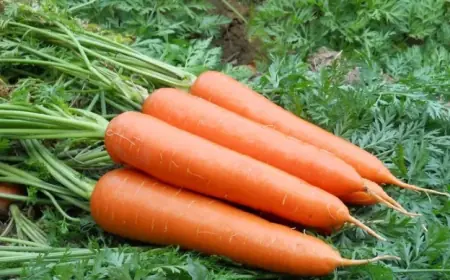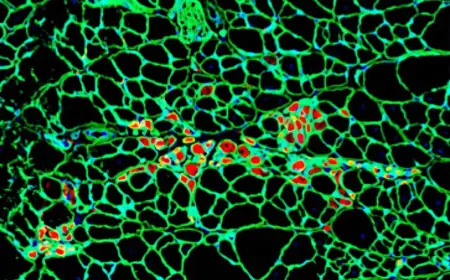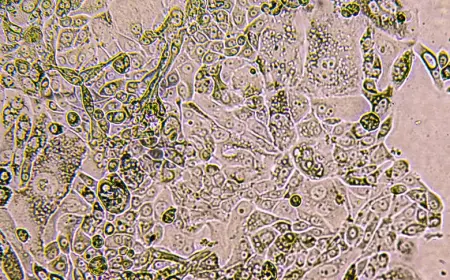An Autumn Fruit Named That’s Good for the Heart
Dr. Belousov: Persimmons Contain Substances Beneficial for Heart Health

Persimmon is a valuable dietary product that, when consumed in moderation, can provide significant benefits to the body. Its antioxidant and vitamin content makes it a great choice for preventing deficiencies and supporting overall health, said gastroenterologist Evgeny Belousov from “Medicina” JSC (Academician Roytberg’s Clinic) in an interview with Gazeta.Ru.
However, Dr. Belousov warns that it's important to consider individual body responses and avoid excessive consumption, especially of unripe persimmons. The recommended serving for an adult is 1–2 fruits per day (depending on size), ideally as part of a balanced meal — for example, with cottage cheese, nuts, or as a dessert after the main dish.
Persimmon contains vitamins A, C, B group, potassium, magnesium, calcium, and a high amount of dietary fiber. This fiber helps normalize digestion, supports a healthy gut microbiota, and aids in cholesterol control.
“100 grams of persimmon contains about 160–180 mg of potassium. This mineral regulates fluid-electrolyte balance and supports normal functioning of the heart and muscles. It also contains magnesium, calcium, iron, and manganese — in small amounts but in easily digestible form. Moreover, persimmon is rich in antioxidants such as tannins, catechins, and anthocyanins — especially in astringent varieties. These compounds have anti-inflammatory, antimicrobial, and potentially anti-cancer properties. All of them are important for maintaining cardiovascular health,” the doctor concluded.



























